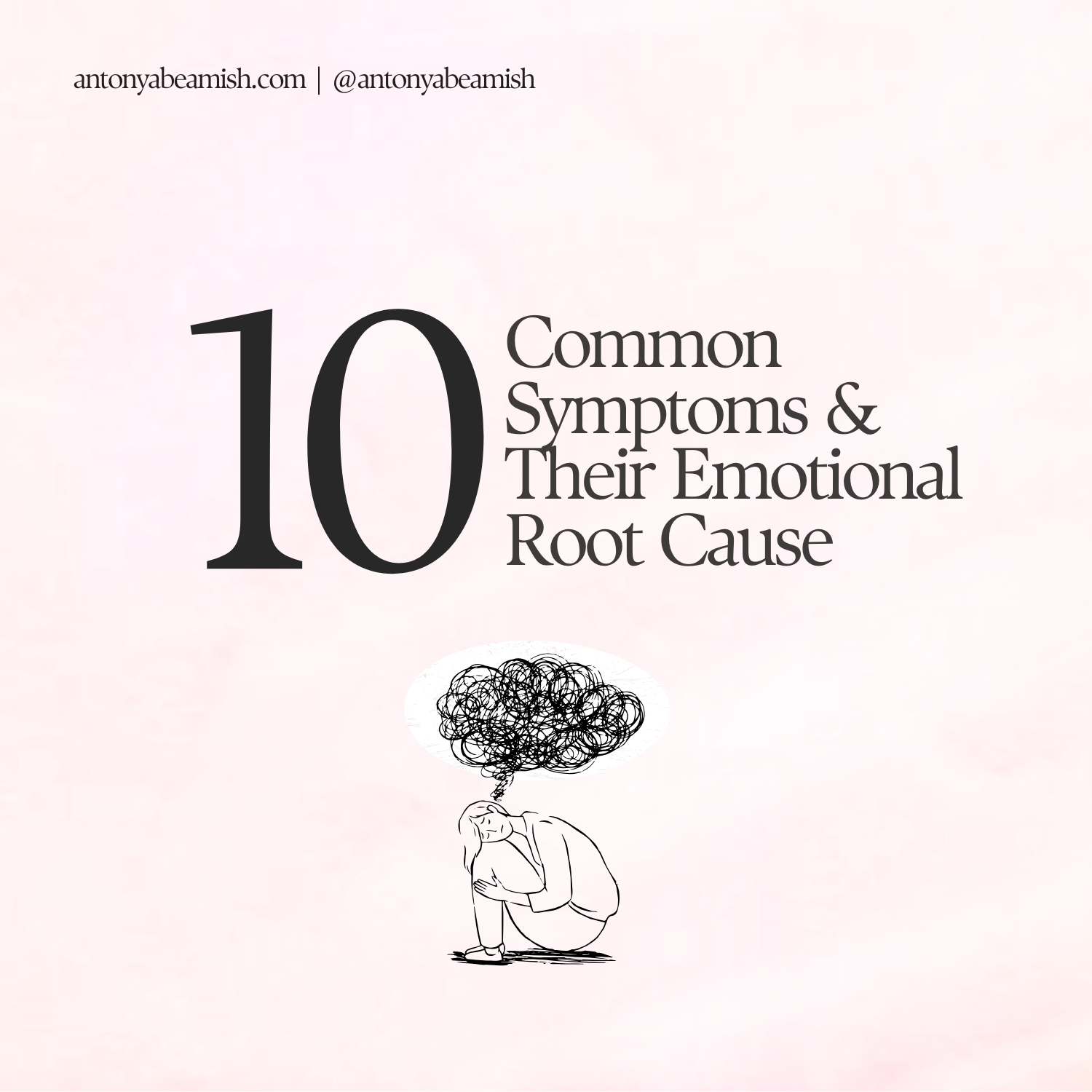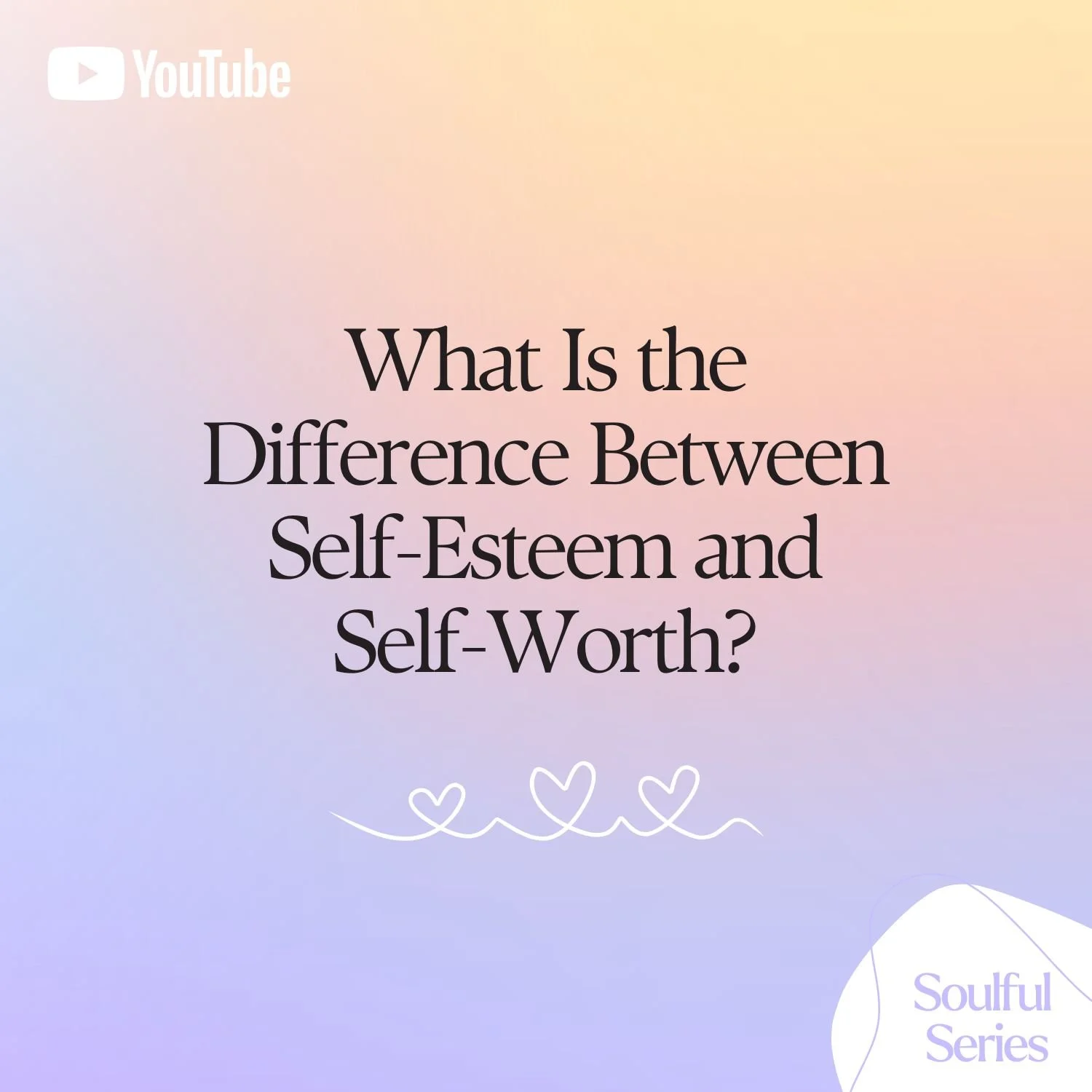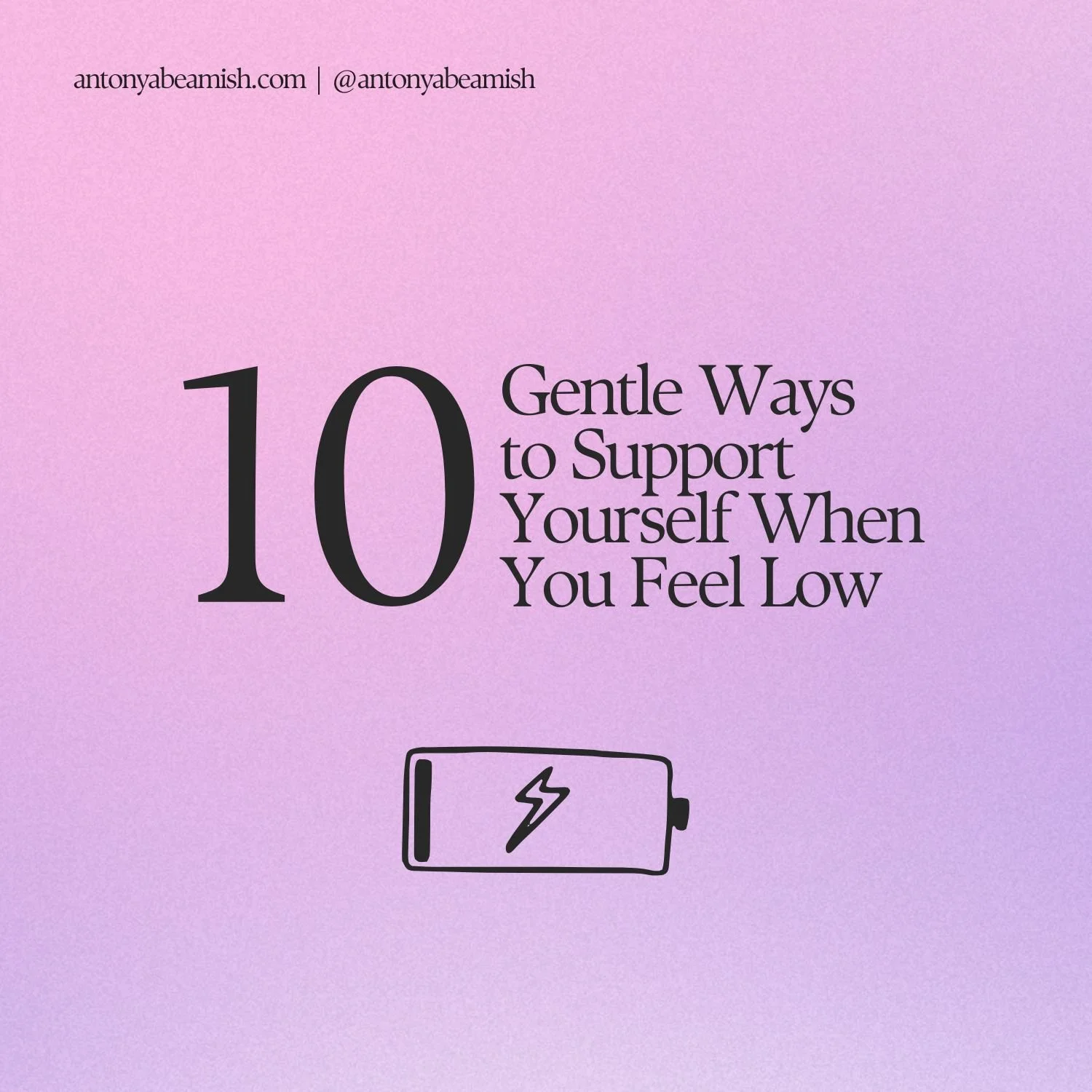The dangers of toxic positivity
Positivity can be passive, disingenuous and dangerous. Not words you expect to hear from a complementary therapist who works with clients on their emotional wellbeing?
Well, this isn’t the whole story. Positivity has its place but in the last year or so I’ve seen it slide into a toxic place that has sugar-coated reality, disengaged us from our truth and invalidated our feelings.
Perhaps after reading you’ll agree. Perhaps you won’t. Either way, it’s always good to have differing perspectives, it’s how we enlighten our minds and broaden our beautiful horizons.
Witnessing toxic positivity
A lot changed for me in 2020. It was a year of extreme growth where I was pushed so far out of my perception of reality that I began to witness things that I had previously not been capable of seeing. One of the biggest observations from this new vantage point was the sugar coating of our reality. The main culprit of this sweetness was positivity.
Perhaps you remember the Kitty O’Meara poem that was circulating back in March 2020 at the start of the chaos? It went something like this ‘and the people stayed home.. the people healed.. and the earth healed.’ I remember thinking, on a deeply intuitive level, how incredibly passive and wrong this message felt to me.
Last year wasn’t a time for healing, passively sitting in our homes, baking and making art. It was a time of chaos, fear and confusion where my heart bled for us all being forcibly isolated and cut off from society, love, connection, joy and human connection.
To pretend that we were ‘all in this together’, neglecting and ignoring the stress and trauma we were all collectively suffering from, was toxic positivity at its worst. And still continues today, which is why I felt a real need to highlight where it can be at its most insidious.
When positivity is powerful and necessary
Let’s reign it in for a moment and remember all the ways that positivity can be useful, powerful and enhance our health and wellbeing.
In Kinesiology we understand the impact of thoughts on the physical body. The study of this is called psychoneuroimmunology which looks at the interactions between our nervous and immune systems.
These studies show how our emotions compromise or benefit our immune function. So it really is true that positive thinking is beneficial to your wellbeing.
Being able to recognise the positive, or silver linings, in any situation is also important. Not just in a situation but crucially in yourself. Appreciation and gratitude are powerful forces.
We are all guilty of berating ourselves when we make mistakes. We can often lack self-compassion and kindness within ourselves. Seeing the positives in our actions and in ourselves is crucial for emotional wellbeing, bringing us closer to truly accepting and loving ourselves.
Being positive also has a huge effect on your external reality. Everything in your environment is created from the energy you give out from your thoughts. Thinking positively literally changes your energetic frequency, like ripples after you throw a stone into a calm pool of water, your energy radiates out from you and pulls in like-minded frequencies.
When a positive outlook no longer fits
There are times when a positive mindset can be contagious. It can lift you up, and others in your energy field, in wonderful ways. However, there are also many situations and circumstances when forcing a positive outlook is incredibly detrimental.
1. It becomes a way to sugar-coat reality.
What we’ve all experienced in the last 9 months can no longer be hidden under a layer of sickly sweet icing of positivity. I have no interest in telling people what to think but nor do I have any interest in pretending it’s all ok.
A vaccine isn’t the solution to health issues that make us susceptible to dis-ease. We’re not all in this together - it’s one rule for some and one rule for others. We are not in charge of saving the NHS. I am not responsible for your wellbeing, neither is the government, you are. These are hard truths that need to be acknowledged, not covered up with false positivity.
We are not healing ourselves and the earth while locked down, we are witnessing cruelty on an unimaginable scale from suicides, poverty, loneliness, lack of healthcare and loss of livelihood. There is immense suffering and I no longer care to sugar-coat it with positive platitudes.
2. It creates a false illusion.
Seeing the positives in any situation, as I mentioned above, can be healthy and help lift us out of despair. At the same time, we have a tendency to create this false illusion that it is all ok. Positivity is used like a colourful plaster. Slap it over a wound and you can’t see it anymore.
The problem with this is that we neglect to look into the wound. Why is it there? We can’t see it anymore but that doesn’t mean it’s not festering underneath, needing care and attention. We cover up the truth because it’s too ugly to bear.
Positivity is a short-term cover up for deeper issues. It disengages us from our reality and pulls us away from the truth. I see this so clearly with 2020. We’re living in a mass illusion and to extract yourself means embracing emotions such as anger and grief, not covering it up with a positive plaster.
3. It invalidates hardships.
There is a myth that we should be happy and positive all the time. Don’t believe it. Putting a positive mask over sadness or any other negative emotion pulls us further away from understanding ourselves.
Some of the worst phrases include “you’ll get over it”, “it’s not that bad”, “look on the brightside!”. Not helpful. These phrases invalidate our feelings. Hearing these words shuts us down, tells us we’re wrong to be feeling any kind of negativity and stops us from truly feeling and witnessing these emotional depths.
When our feelings are invalidated we suppress them further within ourselves and, as we know, physical symptoms often grow out of repressed emotional trauma. It is vital to avoid this by feeling all our emotions and not be ashamed of feeling them. We can have gratitude and appreciation but still acknowledge suffering and hardships we experience.
4. It disengages us from our true feelings.
When we’re told by society that it’s wrong to feel sad and negative so we try to put a positive spin on things. This means we can often neglect to really understand why we’re feeling a certain way.
Sometimes it’s necessary to dig deep to understand our feelings. I see this work as similar to a complex maths equation - it’s a learning process that takes time and patience but your reward is your answer. However, because certain emotions are so uncomfortable, we’d rather do anything than feel them. We try to fix ourselves, distract ourselves and keep ourselves busy, anything but to feel.
The human experience is beautiful but it is also raw and ugly. No one goes through life without suffering. It is inevitable. It is part of life to experience emotions such as grief, anger and depression. No, they’re not pleasant but emotions do not define who we are, they are passing ships.
Remember, it takes great courage to sit with situations, feelings and emotions which are uncomfortable.
Want to receive the latest blog posts straight to your inbox? Sign up for my newsletter and you’ll also receive your FREE ‘Discover Your Fear Saboteur’ guide, the ultimate guide to identifying the fear sabotaging your potential!

















